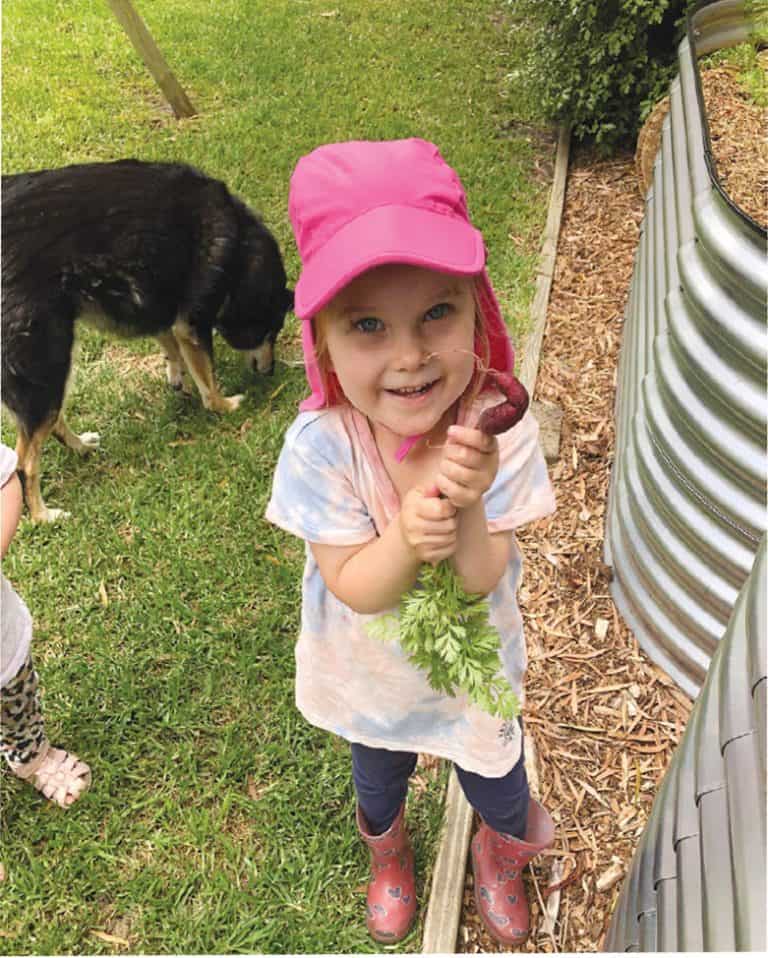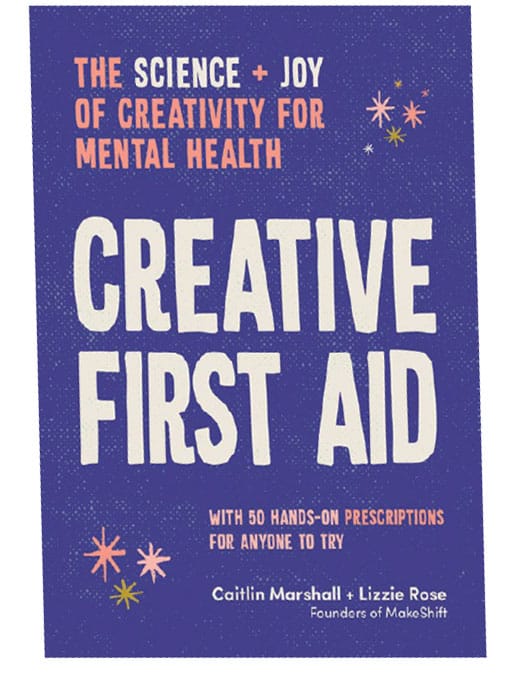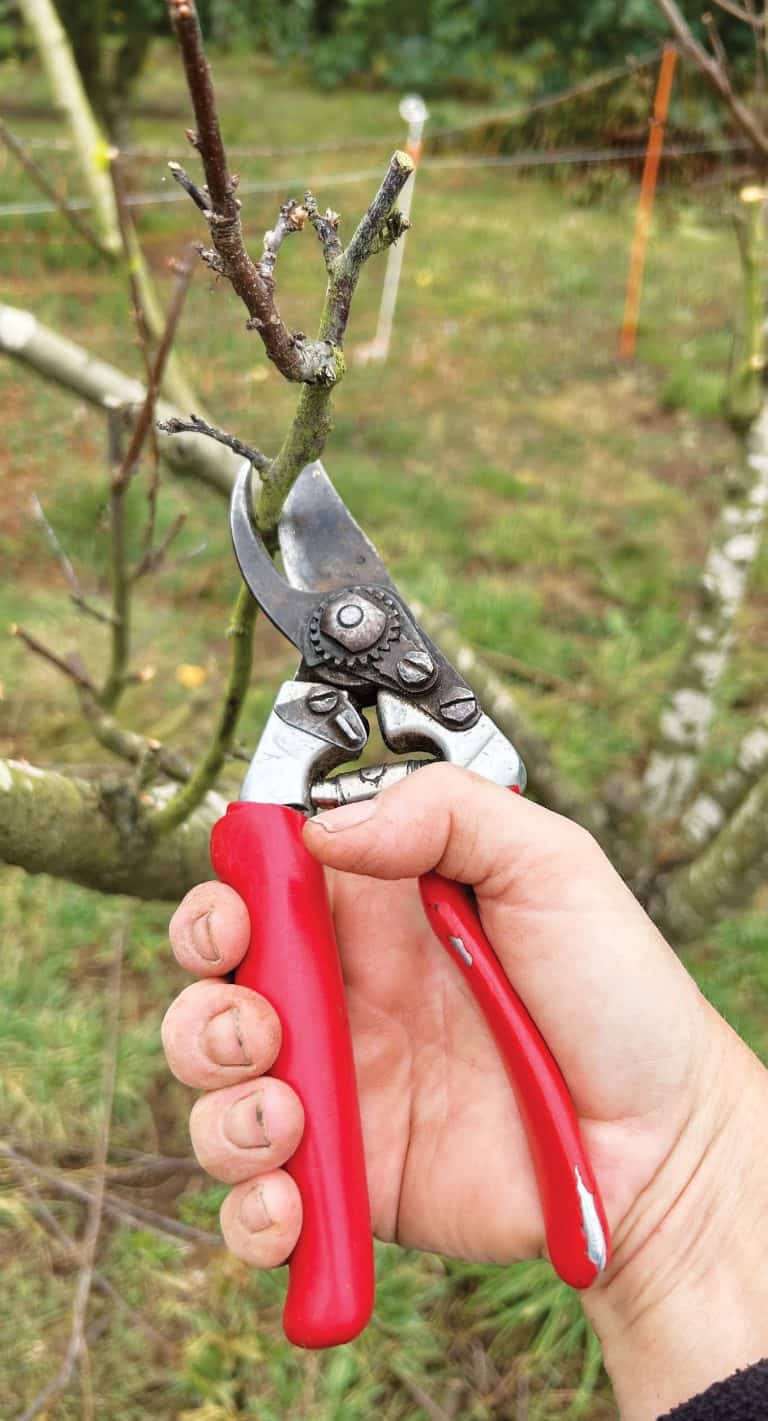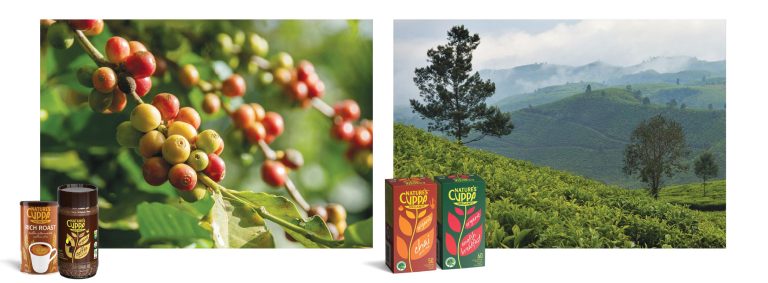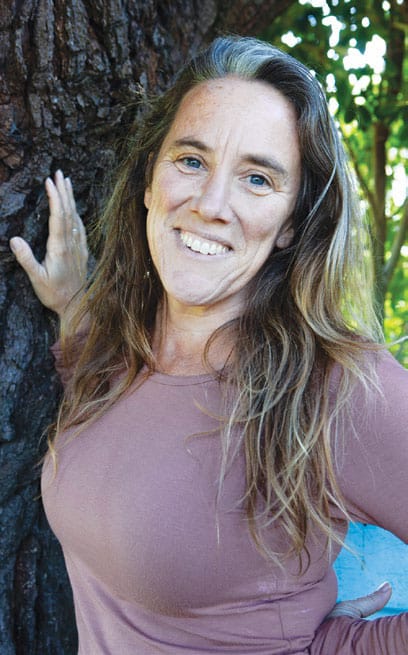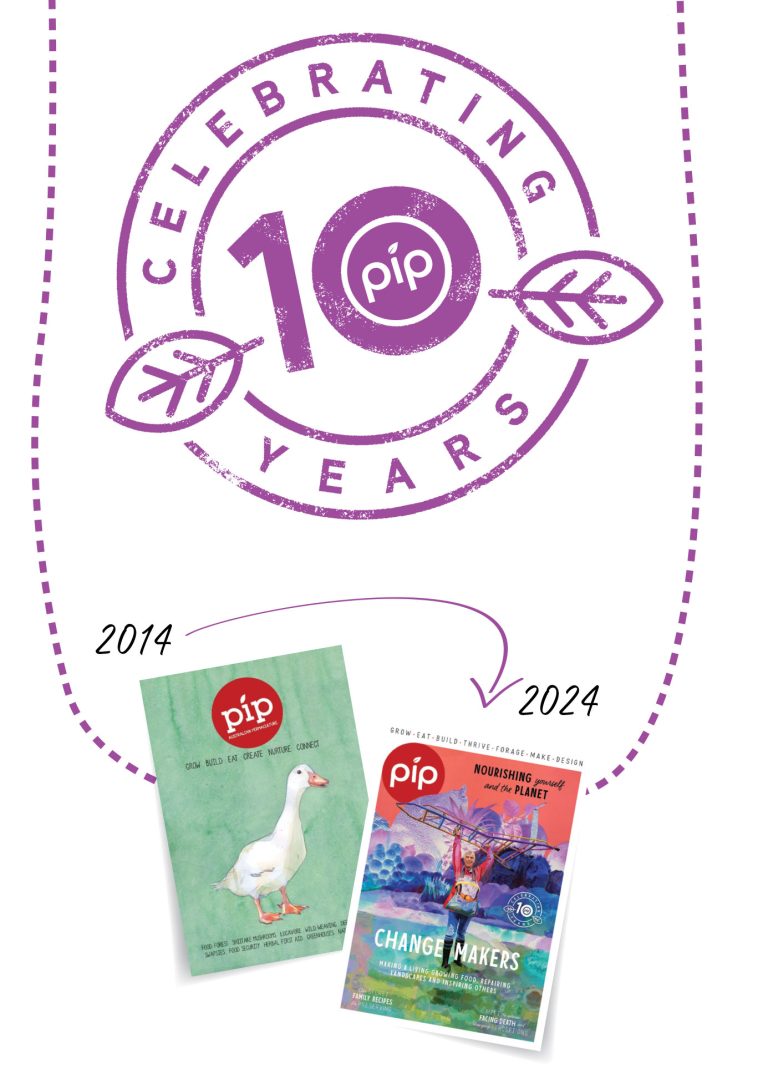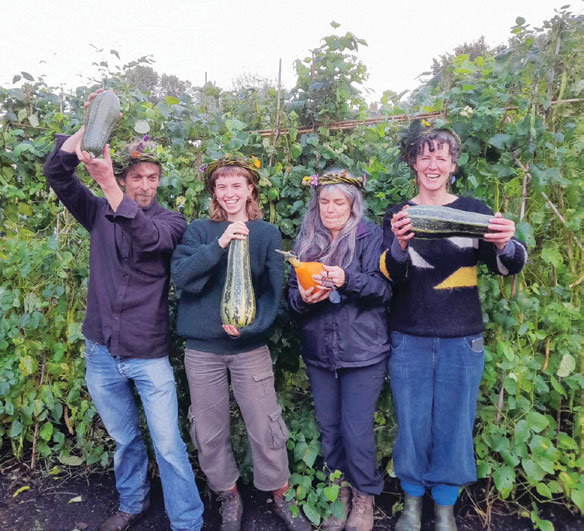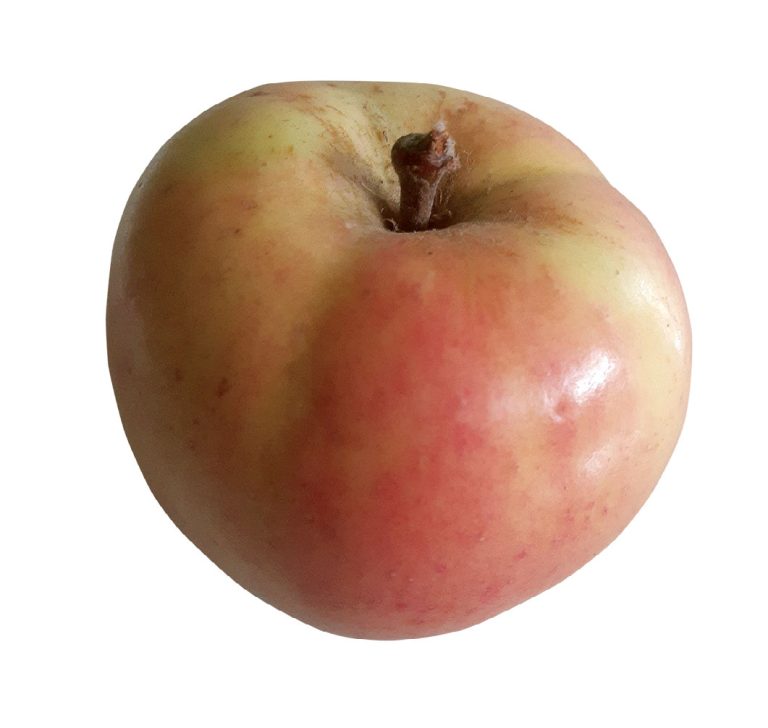Inspired by the ‘incredible edible’ movement, permaculture and other urban edible projects around the world, two friends – a horticulturalist and a human rights-environmental scholar – started Edible Bristol almost 10 years ago. The very first meeting saw people come from right across the city to envision how Bristol could become Britain’s first edible city.
Together with ‘IncrEdible’ volunteers and a lot of community education along the way, the initiative has now created more than 60 edible gardens on street verges, station platforms, pocket parks and other ‘unseen’ places around the city. And the food that is grown is provided for free for anyone to come and eat.
The group promotes growing food as positive local activism, building community and addressing food deserts. As they say: ‘If you eat, you’re in’. More recently, through the Growing Futures program, the group has offered nine months of urban food gardening education to help people move into urban permaculture growing careers.
